radio-appears replied to betty@bookwyrm.social's status
@betty@bookwyrm.social Sounds really interesting! I'll keep an eye out for it.
I read light, but broadly. Currently one of my favorite things is to dig up female sci-fi/fantasy authors from the 70s and 80s. I find it difficult to separate my own personal experience of a book from its "objective" good or bad qualities and rate and review it in a way that could be useful for some hypothetical Universal Reader. I just wanna chat, really.
This link opens in a pop-up window
3% complete! radio-appears has read 1 of 30 books.
@betty@bookwyrm.social Sounds really interesting! I'll keep an eye out for it.
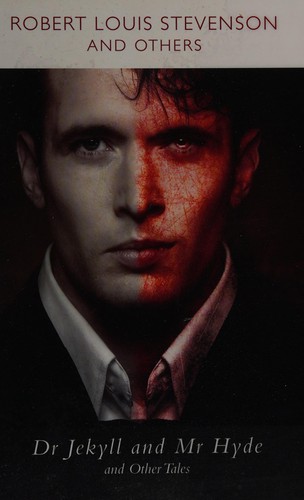
In seeking to discover his inner self, the brilliant Dr Henry Jekyll discovers a monster. Developing a serum with the …
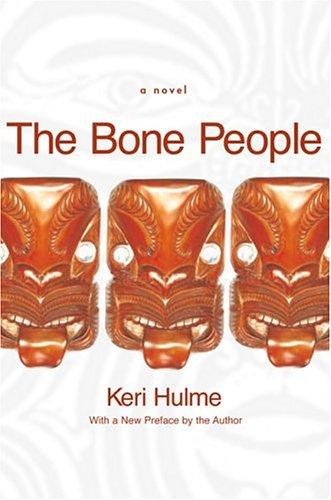
Integrating both Maori myth and New Zealand reality, The Bone People became the most successful novel in New Zealand publishing …
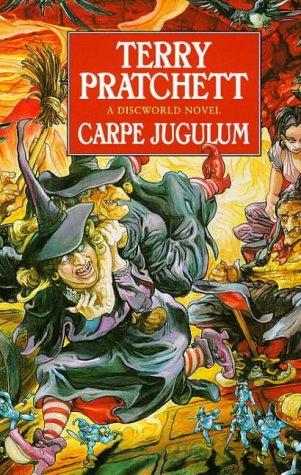
Carpe Jugulum (; Latatian for "seize the throat", cf. Carpe diem) is a comic fantasy novel by English writer Terry …
Okay, I'm about halfway through this book, and I feel I can already say: that Hugo was deserved. It is very good. I do still hope to find out why Jemisin decided to write Essun's chapters in second person. That's such an uncommon voice, I feel like it has to have a purpose.
As an American, this was a fascinating and educational read. It fills in the blanks left by our myopic media and provides context to events that were quite mysterious and unexpected at the time that I was living through them.
To have finished the book, which closes describing scenes in Moscow in December 2011, when Alexei Navalny was leading hopeful protests against the Putin regime, on the same day that the news of Navalny's death in prison reached me, seems cruel, but entirely fitting. In these passages, Gessen notes that Putin and his allies were slow to recognize the danger they were in, and predicted that when they did, they would lash out violently, like a cornered animal. Perhaps with a terrorist attack, like the ones the KGB engineered against the Russian people in 1999 - 2000, when Putin was first running for president. But no. Putin started a war.
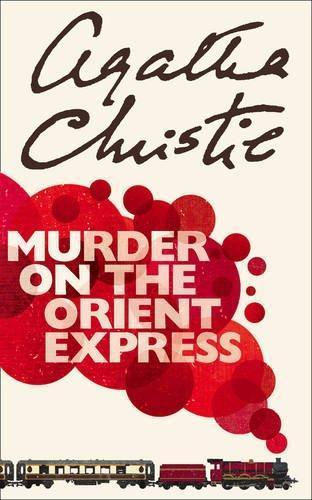
Just after midnight, a snowdrift stops the Orient Express in its tracks. The luxurious train is surprisingly full for the …
Laura H.* is a notorious figure in the Netherlands. After converting to Islam at a young age, she and her husband left the country in order to join IS. In 2017, they escaped the Islamic State with two small children in tow. Her husband died en route. She wanted to return to the Netherlands, said that she's sworn of Islam and no longer held any fundamentalist beliefs, which of course was treated with huge amounts of skepticism by everyone. She was eventually convicted to three years in prison, so by now she's already living on the outside once again. This book, by journalist Thomas Rueb, is mostly concerned with the question of what could possibly convince a "normal, Dutch woman" who wasn't raised in the faith to join a terrorist state. He quickly shows that she wasn't all that normal, but in fact deeply troubled. Are those extenuating circumstances? Of …
Laura H.* is a notorious figure in the Netherlands. After converting to Islam at a young age, she and her husband left the country in order to join IS. In 2017, they escaped the Islamic State with two small children in tow. Her husband died en route. She wanted to return to the Netherlands, said that she's sworn of Islam and no longer held any fundamentalist beliefs, which of course was treated with huge amounts of skepticism by everyone. She was eventually convicted to three years in prison, so by now she's already living on the outside once again. This book, by journalist Thomas Rueb, is mostly concerned with the question of what could possibly convince a "normal, Dutch woman" who wasn't raised in the faith to join a terrorist state. He quickly shows that she wasn't all that normal, but in fact deeply troubled. Are those extenuating circumstances? Of course, her being a woman and a mother also creates a lot of sympathy as well. It's easier to feel for her than for her abusive husband who was born into a family of Palestinian refugees. Even with all the hardship that implies.
*Censoring a last name like that is done in the Netherlands to protect the privacy of anyone suspected of convicted of a crime.
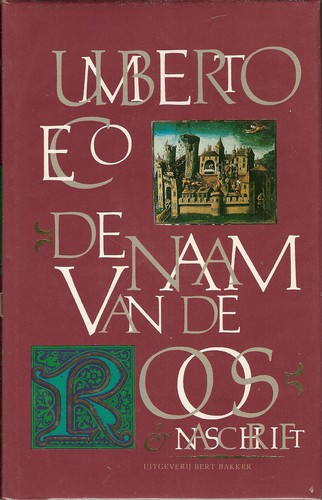
It is the year 1327. Franciscans in an Italian abbey are suspected of heresy, but Brother William of Baskerville’s investigation …
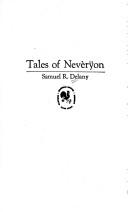
A novel of myth and literacy about a long-ago land on the brink of civilization. Vol 1
In his four-volume …
An anthology of interwoven short stories that take place in a fictional ancient civilization - heavily implied to be the first ancient civilization, actually. Two pairs characters feature in all of them, until they finally meet in the last one; Norema, the barbarian woman and her companion Raven, a warrior from a matriarchal society who is constantly accosted by culture shock in this strange country where men do get to make decisions, and Gorgik and Little Sarg, the lovers, who use their old slave collar as a ruse to free other slaves, as well as a powerful symbol within their sexual relationship. (Look, Delany is a man of interesting sexual tastes and little shame, so you're going to find out about them.)
While that makes this book sound pretty lurid (which is why I decided to read it, not gonna lie), it's actually much more concerned with portraying the contrast …
An anthology of interwoven short stories that take place in a fictional ancient civilization - heavily implied to be the first ancient civilization, actually. Two pairs characters feature in all of them, until they finally meet in the last one; Norema, the barbarian woman and her companion Raven, a warrior from a matriarchal society who is constantly accosted by culture shock in this strange country where men do get to make decisions, and Gorgik and Little Sarg, the lovers, who use their old slave collar as a ruse to free other slaves, as well as a powerful symbol within their sexual relationship. (Look, Delany is a man of interesting sexual tastes and little shame, so you're going to find out about them.)
While that makes this book sound pretty lurid (which is why I decided to read it, not gonna lie), it's actually much more concerned with portraying the contrast between "barbarism" and (it also needs quotes) "civilization". The main difference between these two groups is really just a power relationship, and not intelligence, or even very visible in the lives of everyday people. This book takes place in a time where money, writing and even keys have only just been invented, and are not widely adopted yet. The "civilized" discuss how money and the invention of four-legged pots will shape society, and the "barbarians" discuss Freudian ideas on gender relations.
It's a strange little novelty, that probably never really got popular because it manages to alienate both of its possible audiences. The cover alone would turn away any high-brow intellectual, and the discussion on how to do proper theoretical analysis in chapter two would scare off any sword-and-sorcery fan. If you, by any chance, happen to fall into both of those categories, you'll probably enjoy this. If you're just wondering in fascination how Samuel Delany managed to combine those two elements, like I did, you probably will as well.
An especial treat is the last chapter, which is structured like an academic paper written about the ancient clay tablets that relate the plot of the previous chapters. It reads like a pastiche on the type of male historian who looks at any attempt to interpret history in a way that includes women's agency and potential to shape their society with benevolent paternalistic condescension. The idea that this ancient text could be written by a woman (and we, the reader, know by context clues that it was) is completely alien to him.
I have to say, I do appreciate that about Delany. The feminism in this book is very seventies, and you could write a decent Tumblr discourse post on all the ways it fails, but you don't often get a male writer so solidly on the side of feminism, so it's always quite refreshing.